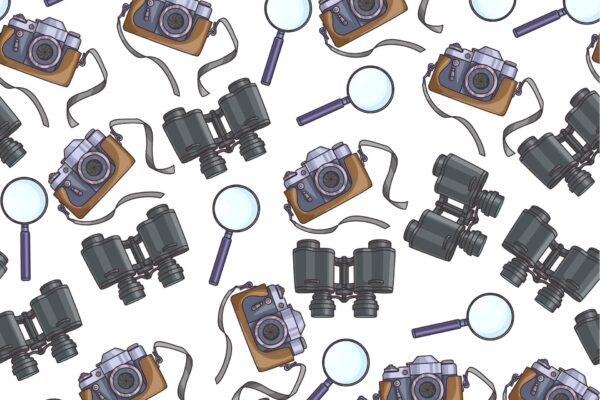
How to Catch a Cheating Partner Without Confrontation
If you suspect something’s going on behind your back, you’re not alone—and you’re not crazy. But jumping straight into confrontation often leads to denial, deflection, or worse, destruction of evidence. That’s why learning how to catch a cheating partner without confrontation is one of the smartest steps you can take.
In this guide, we’ll walk you through how to quietly investigate without creating suspicion, while keeping your emotions—and your safety—in check.
✅ Start With Behavior, Not Accusations
When suspicion creeps in, the natural instinct is to ask questions or press for clarity. But cheaters often get defensive or start hiding things even more. Instead, begin by documenting:
- Unexplained absences
- Changed routines
- Late-night texting or calls
- Sudden increase in privacy (password changes, phone turned upside down, etc.)
Start a log—keep it digital or use a physical Suspicious Spending Tracker to record patterns, dates, and screenshots. You’re not being paranoid—you’re building a record.
✅ Use Digital Clues They Forget to Hide
Most cheaters aren’t professional criminals—they miss things. You can check:
- Location history on shared Google accounts
- Recently deleted texts or photos (check “Recently Deleted” folders)
- Email confirmations from dating apps or travel sites
- Hidden folders or “Vault” apps disguised on their phone
Also consider using a discreet tool like mSpy (subscription required) to monitor app usage, location, and messaging activity—legally and responsibly.
✅ GPS Trackers Without Direct Access
If they’re secretive about where they’re going, and you legally have access to the vehicle, a GPS tracker may be an option. Devices like the LandAirSea 54 GPS Tracker let you track location history through an app.
Always check your local laws before placing a tracker. In many states, it’s legal to track a car you own or have shared access to—but not someone else’s personal vehicle.
✅ Look at Receipts and Spending Patterns
Another safe and quiet way to detect infidelity is by analyzing spending. Look for:
- Unfamiliar restaurants or hotel charges
- Repeated cash withdrawals in unusual amounts
- Unexpected gift purchases you never received
- Online store receipts for adult products or lingerie
These clues often show up before digital ones do. A single receipt won’t tell you everything—but a pattern can.
You can also review shared bank accounts or credit card statements for trends. Our post on How to Monitor a Cheater’s Spending goes deeper into this.
✅ Watch for Changes in Their Tech Habits
A cheating partner often becomes overly protective of their devices. Watch for sudden changes in:
- How often they check their phone
- Password updates or screen lock habits
- Turning off notifications or changing ringtones
- Suddenly using encrypted apps like Telegram, Signal, or Snap
Even subtle changes can point to something being hidden.
✅ Don’t Tip Your Hand Too Soon
You may feel the urge to say something once you’ve seen a clue—but holding off is your best strategy. Confrontation too early can cause them to delete everything, change routines, or manipulate the story before you’re ready.
Instead, quietly gather your evidence. Let the patterns show themselves. Keep logs, screenshots, and timelines. You’ll want a full picture before you take your next step.
✅ What If You Need Help?
You don’t have to navigate this alone. Our Ask an Expert service lets you connect privately with a licensed investigator for discreet guidance—no drama, no judgment.
You’ll get real advice on what you’ve found so far, what it might mean, and what to do next.
📝 Final Thoughts
Catching a cheating partner doesn’t have to mean a dramatic confrontation. It means watching closely, gathering facts, and being smart. With the right tools, mindset, and method, you can get clarity without chaos.
When you’re ready, trust yourself to act—but only when you’ve seen enough to stop wondering.




